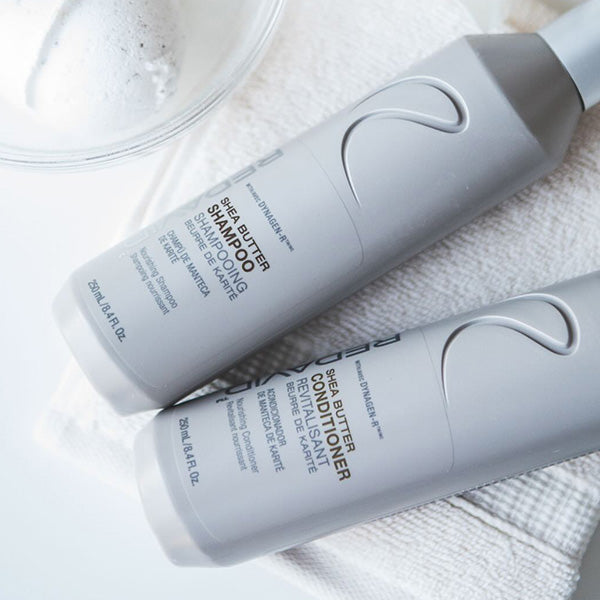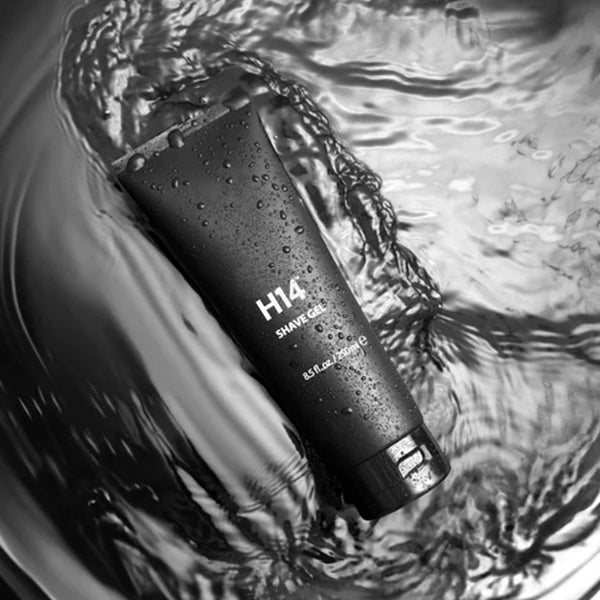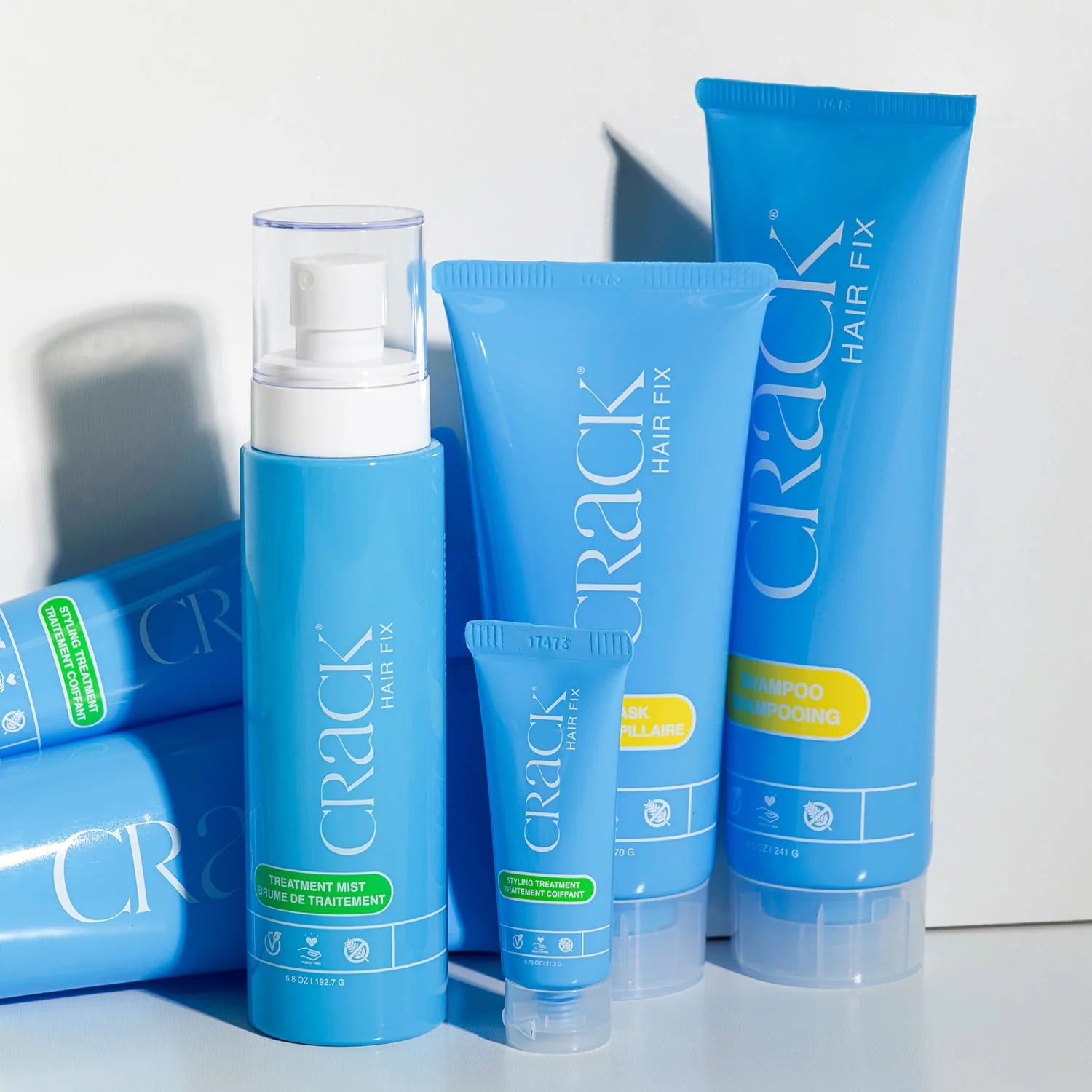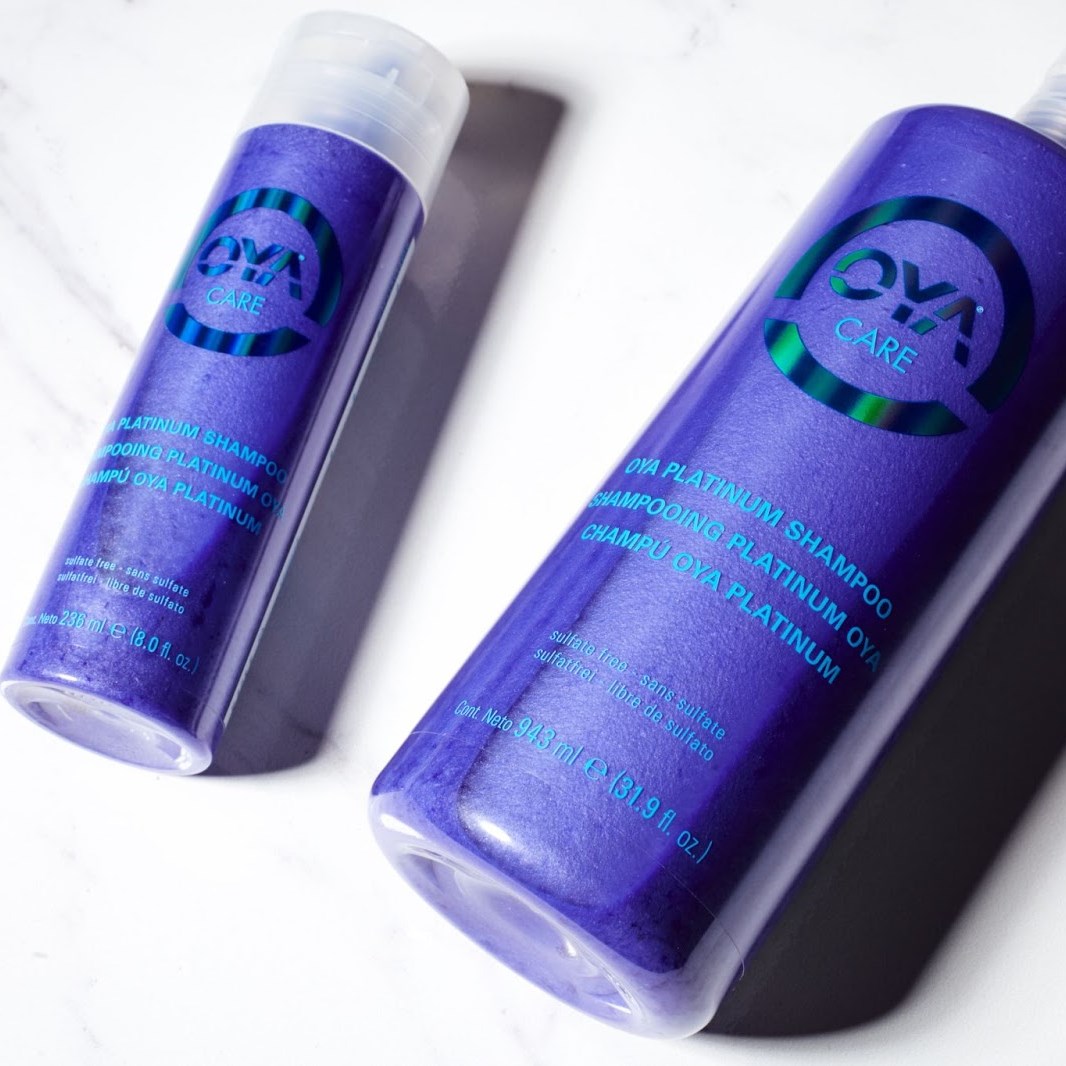Hormonal Imbalances and Hair: Identifying and Addressing Endocrine-Related Hair Issues
Hormonal imbalances can significantly impact hair health, leading to issues like thinning, excessive shedding, and changes in texture. Understanding the role of hormones in hair growth and recognizing signs of endocrine-related hair problems can help stylists provide better support and solutions for their clients.
The Role of Hormones in Hair Growth
Hormones are chemical messengers that regulate various bodily functions, including hair growth. Key hormones that influence hair include:
- Androgens: Testosterone and dihydrotestosterone (DHT) play a crucial role in hair growth and can lead to hair loss when levels are imbalanced.
- Estrogen: This hormone helps maintain hair density and promotes growth. Declines in estrogen levels, such as during menopause, can lead to thinning hair.
- Thyroid Hormones: Both hyperthyroidism and hypothyroidism can cause hair changes, including thinning and brittleness.
Identifying Hormonal Imbalances Affecting Hair
-
Thinning Hair:
- Signs: Gradual reduction in hair volume, especially around the crown and temples.
- Potential Causes: High levels of DHT, low estrogen, thyroid dysfunction.
-
Excessive Shedding:
- Signs: Noticeable increase in hair shedding during brushing or washing.
- Potential Causes: Thyroid imbalances, postpartum hormonal changes, stress-related hormonal shifts.
-
Changes in Texture:
- Signs: Hair becoming dry, brittle, or unusually oily.
- Potential Causes: Thyroid issues, adrenal fatigue, hormonal fluctuations.
Addressing Endocrine-Related Hair Issues
-
Consultation and Assessment:
- Client History: Ask clients about their medical history, including any known hormonal conditions or recent changes in health.
- Professional Referral: Suggest seeing a healthcare provider for blood tests to diagnose hormonal imbalances accurately.
-
Nutritional Support:
- Dietary Adjustments: Encourage a diet rich in vitamins and minerals essential for hair health, such as iron, zinc, and biotin.
- Supplements: Recommend supplements like omega-3 fatty acids and vitamin D, which can support hormonal balance and hair growth.
-
Topical Treatments:
- Minoxidil: An over-the-counter topical treatment that can help stimulate hair growth in cases of hormonal hair loss.
- Natural Oils: Essential oils like lavender and rosemary have been shown to promote hair health and can be added to scalp massage routines.
-
Scalp Care:
- Regular Massages: Promote blood flow and nutrient delivery to hair follicles through gentle scalp massages.
- Hydrating Treatments: Use deep conditioning treatments to maintain hair moisture and prevent brittleness caused by hormonal imbalances.
-
Lifestyle Modifications:
- Stress Management: Encourage clients to practice stress-reducing activities like yoga or meditation, as stress can exacerbate hormonal imbalances.
- Healthy Sleep Patterns: Advise on maintaining regular sleep schedules to support overall hormonal health.
-
Medical Treatments:
- Hormone Replacement Therapy (HRT): For clients with significant hormonal imbalances, HRT prescribed by a healthcare provider can help restore hormonal levels and improve hair health.
- Thyroid Medications: Proper management of thyroid conditions with medication can lead to improved hair growth and texture.
Educating Clients
Educate your clients about the importance of monitoring their hormonal health and how it relates to hair care:
- Awareness: Help clients recognize the signs of hormonal imbalances and encourage them to seek medical advice if needed.
- Holistic Approach: Emphasize a holistic approach to hair care that includes proper nutrition, stress management, and regular medical check-ups.
By understanding the connection between hormones and hair health, stylists can provide more comprehensive care and tailored solutions for clients experiencing endocrine-related hair issues. This approach not only enhances the client’s hair health but also builds trust and loyalty through personalized and informed service.













